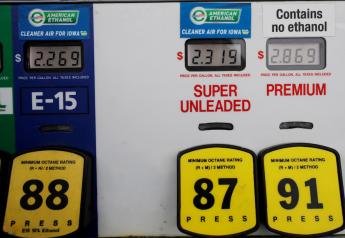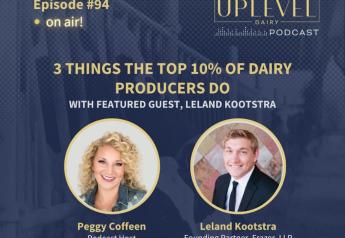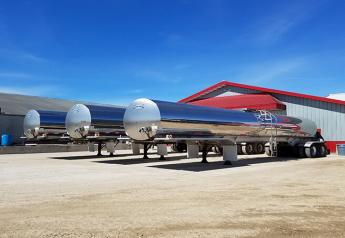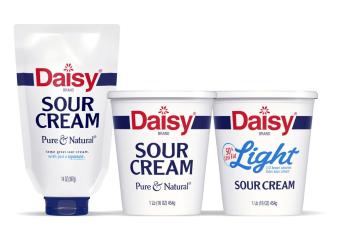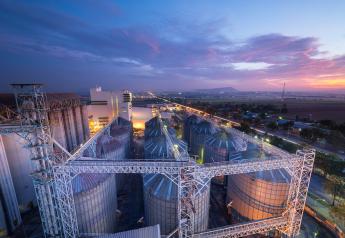Dairy Talk: An Ambassadorial Pitch for the Trans Pacific Partnership

Witty, self-deprecating and sincere, Mike Moore, who serves as New Zealand’s ambassador to the U.S., made an all-out pitch to gain support for the Trans Pacific Partnership (TPP) at the 2015 Dairy Forum held in Florida earlier this year.
The TPP, which involves 12 countries including the U.S., Pacific Rim countries, New Zealand, Mexico and most recently, Japan and Canada, is heading into the final stretch of negotiations.
If the deal isn’t completed within the next four to six months, it would likely roll over into the administration of the next U.S. president. If that happens, it could take another five years to reach completion, Moore says.
Trade and trade agreements should not be idealized or demonized, Moore says. They should be recognized for what they are— negotiated agreements that can expand trade but will likely come at the cost of highly protected local industries. Nevertheless, successfully negotiated agreements can raise millions of people out of poverty, he says.
Moore acknowledges New Zealand has not always been trade-oriented. “Twenty years ago, New Zealand only had one trade agreement,” Moore says. “We’ve since changed and have become quite promiscuous. Today, we’ll trade with just about anyone,” he quips. New Zealand has set up multi-lateral agreements with Australia, Cambodia, China, Indonesia, the Philippines, Thailand and Vietnam, among others.
“[With TPP,] here’s our chance to set a high-standard agreement and create a template for deals in other areas,” Moore says.
“We ought to be ambitious. The moment we lower our standards, we will pay for it over the long term in other agreements we negotiate. … We will regret it for decades,” he adds.
But the TPP is not without controversy in dairy circles. New Zealand exports some 95% of its production, and it accounts for 40% of the dairy products traded globally. Some dairy industry officials, including some within the U.S. Dairy Export Council, fear that without some restraints on New Zealand, TPP could open the door to a flood of New Zealand imports.
They argue that its national dairy company, Fonterra, is a state trading enterprise, akin to a national monopoly, that can set prices and then dump dairy products into the U.S. market at cheap prices.
Moore dismisses that claim. “There are no supertankers of [New Zealand] milk sitting off the horizon, waiting to bomb Boston,” he explains. “We produce just 3% of the world’s milk.”
The TPP negotiations are down to their final stages. “Now, we’re down to the difficult bits. We knew it would come to this—dairy, sugar and rice,” he says. “Agriculture is important in the TPP, but it’s not the only thing.
“TPP is about security and stability in the region. … Economic integration makes bad things less likely. They don’t make them impossible,” Moore says. “We live in great and historic times. Let’s hope we are big enough to do it right.”

JIM DICKRELL is the editor of Dairy Today. You can contact him at:



